2024 Porsche 911 GTS Review: Enhanced, Not Ruined, By Hybrid
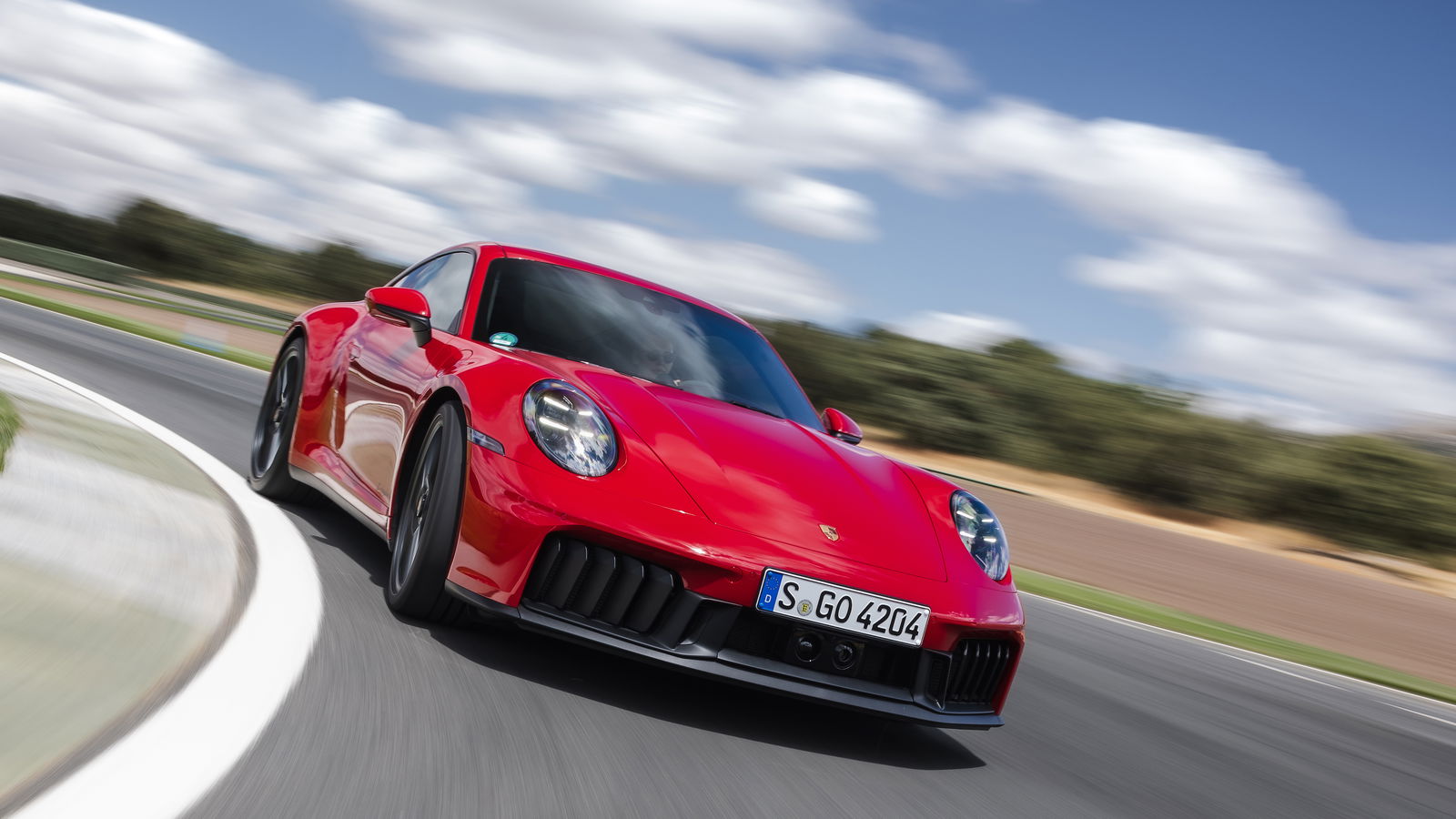
Pros
- Hybrid tech enhances driving experienceEverything else is just as good as before
Cons
- ExpensiveThe headache of thinking of a second con
No other version of the Porsche 911 caused as much uproar as the 996. The thing is, the two biggest changes to the Carrera recipe were a long time coming, like changing the headlight design (930 Flactbau aside) for the first time in over 30 years, and finally ditching air-cooled for water. And now, we have the next controversial moment for the model - the 992.2 Porsche 911 Carrera GTS which is – gasp – a hybrid.
Again, Porsche is late to the party here. Not quite as sluggish as switching to water-cooled engines, but hybridised performance cars have been a thing for ages. Porsche has even been making a few based on stuff like the Panamera and Cayenne. But it's going about it a very different way for the 911, by ignoring all the VW Group parts bin stuff and coming up with a lightweight, proprietary system.
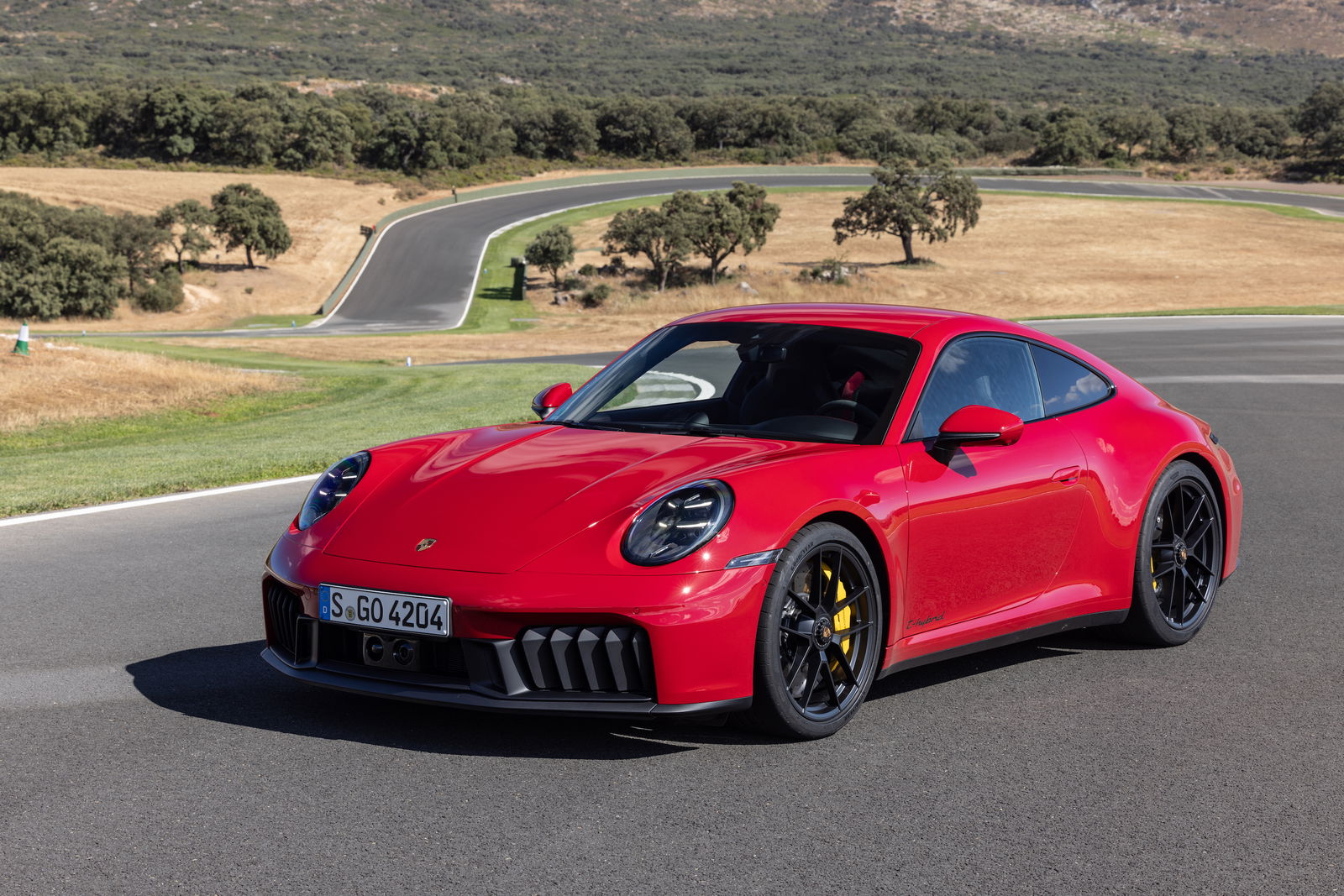
How lightweight? We're looking at 50kg. In any case, the heaviest bit of the system, the 1.9kWh battery pack, has been out in the front, so it aids weight distribution a bit. Handy when that engine remains where it arguably shouldn't be - just over the rear axle. It does sit 110mm lower than before though, giving room for all the hybrid gubbins on top.
The flat-six also has a longer bore and stroke than the outgoing engine bumping the capacity from 3.0 to 3.6 litres. Gone is the twin-turbo setup, replaced with a single turbo with a small motor between the turbine and compressor wheels which pre-spools the snail before the exhaust gasses take over, in theory reducing lag significantly.
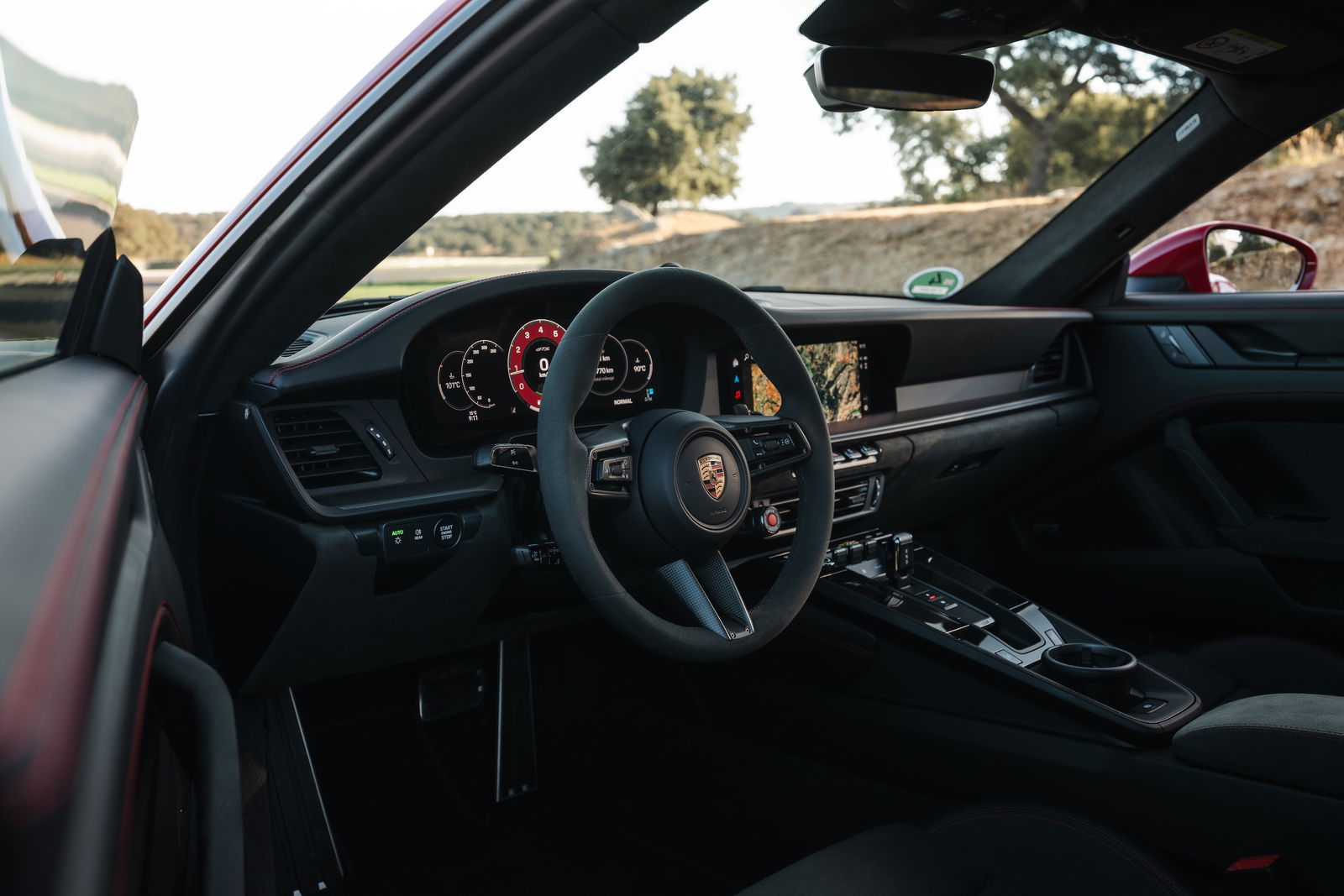
When being spun by exhaust gasses, the motor then acts as a generator, sending the equivalent of 15bhp to the system. Following so far? Good, because there's more. Inside the PDK automatic gearbox is a bigger motor, this one adding 54bhp and 111lb ft of torque. The total system outputs are 534bhp and 450lb ft of torque – 911 Turbo territory not so long ago.
The 0-62mph time is bang on three seconds, and sure enough, the new 911 GTS feels very quick when you put your foot down. Lag hasn't been completely eradicated, but the engine is noticeably more responsive, which is impressive considering the old engine was pretty slightly for a turbocharged unit.
The torque fill effect of the hybrid stuff makes the engine even more flexible - whatever gear you’re in, whatever the revs, you can floor it and make good progress. It sounds a little better than before, while still exhibiting all the usual flat-six character. The low-end clatter, mid-range howl and top-end scream remain there to enjoy.
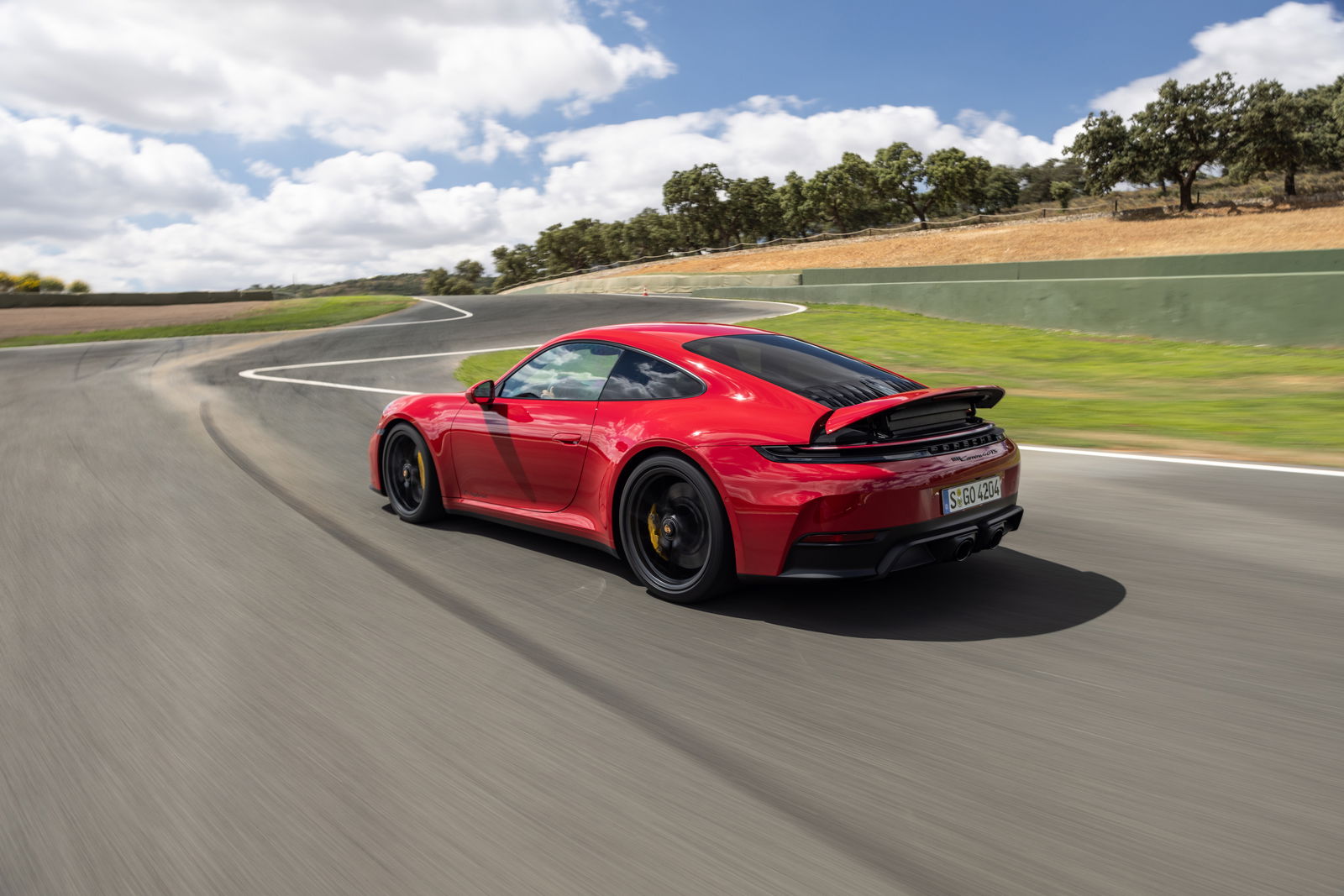
The twin-clutch gearbox feels snappier than before, too, and never, ever frustrates. Yes, it’s a shame there’s no longer a manual option for the GTS (the hybrid setup isn’t compatible with anything other than PDK), but the transmission you get here is so good, I’m not sure it matters so much.
What’s particularly telling is when you switch from the GTS back to the Carrera, as we did a few times during the launch at Ascari circuit. That car comes with its own set of changes including bigger turbochargers pinched from the old GTS, but even so, it feels noticeably less responsive, a bit more lethargic, and generally like harder work, especially when trying to keep up with those still in GTSs.
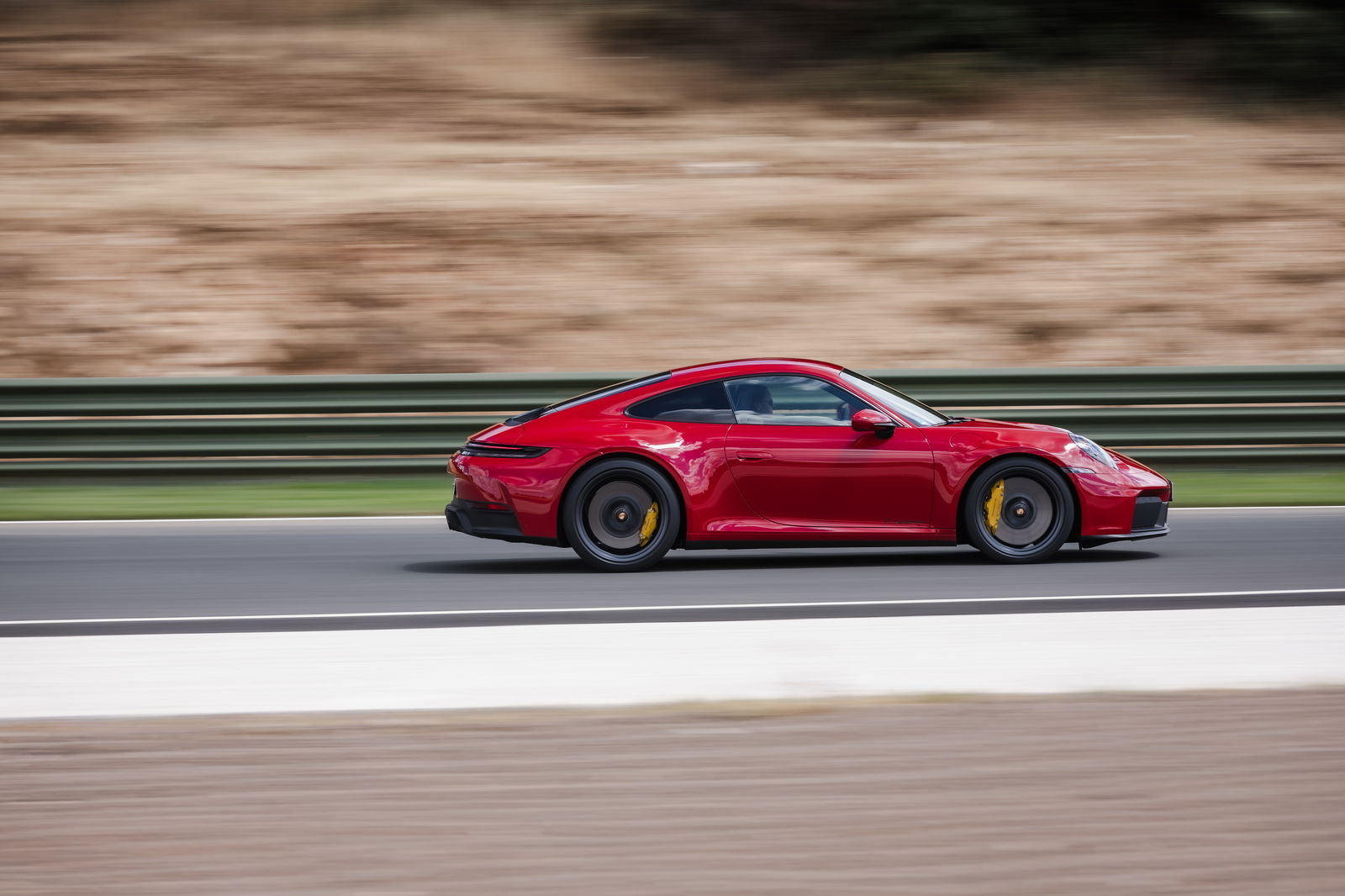
It’s not just a question of the powertrain. The GTS also gets standard-fit rear-wheel steering, while the active anti-roll bar and adaptive suspension (or PDCC/Porsche Dynamic Chassis Control) work from the new high-voltage hybrid system.
As such, the GTS changes direction with more enthusiasm and seems a little more up for being thrown around. Meanwhile, the (optional) carbon ceramic brakes, which are even bigger than the stoppers on a 911 Turbo, are mighty, and showed no signs of fading during our laps of Ascari, although none of the sessions were hugely long.
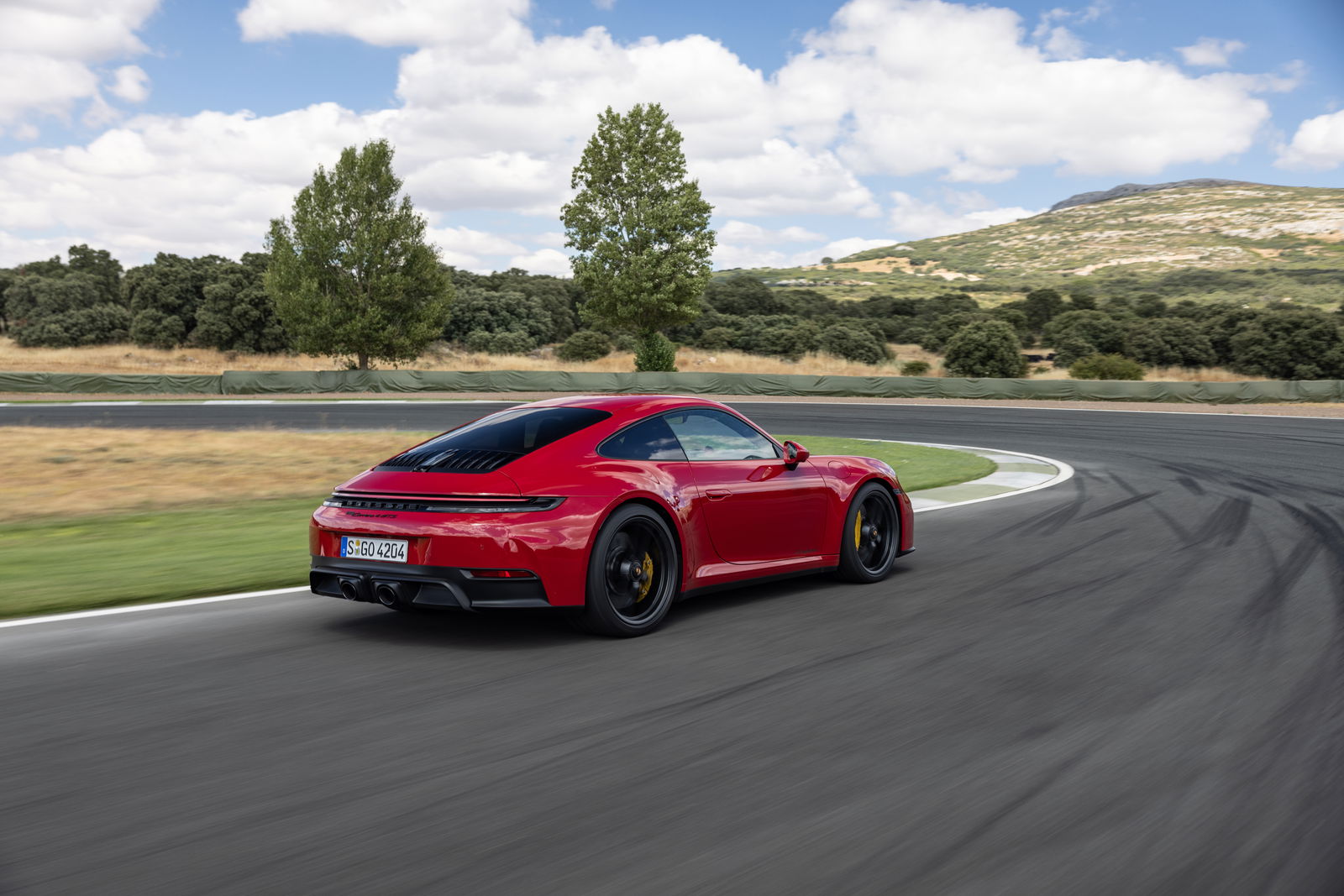
Otherwise, the driving experience broadly follows that of the old car and the refreshed Carrera. You still have the most natural-feeling electric power steering around, with a linear, perfectly weighted response coming from each turn of the wheel. Then there's the traction resulting from the engine sitting where it ‘shouldn’t be’, which is incredible even on the standard rear-wheel drive GTS. Unless you love giving it a load of stick in the wet, you have to question the need for the Carrera 4 GTS.
There is, of course, still the age-old 911 understeer resulting from the engine placement, even with the slight improvement in weight distribution. The thing is, though, it's been dialled out enough that at road speeds, it's rarely an issue, and you can drive around it on track easily enough.
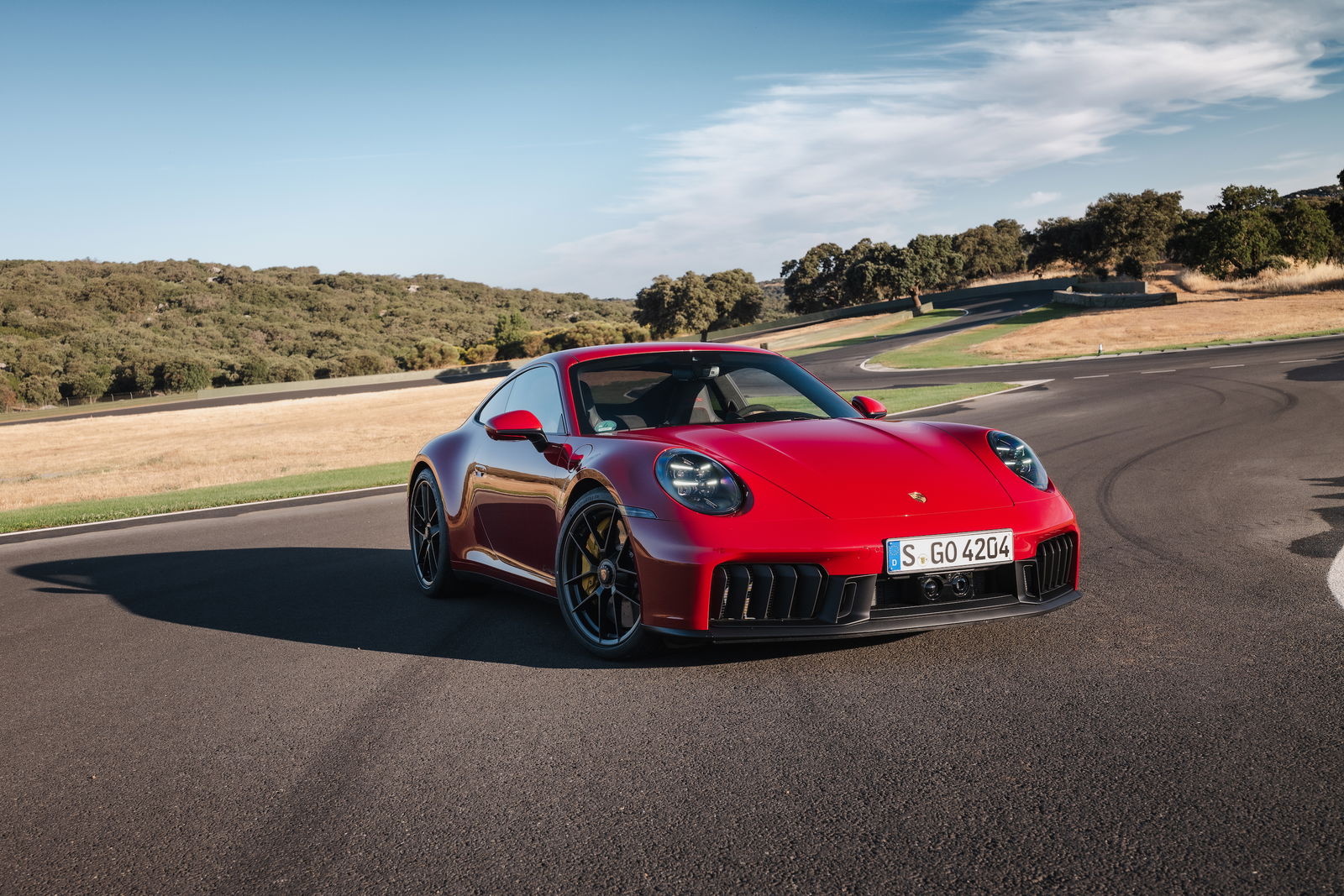
Porsche has also had a go at tweaking the looks, which means a new front bumper with active cooling vanes (we're still on the fence about those), a different rear diffuser and new wheel options. The inside doesn't look all that different, but there is a new infotainment system which is a slight improvement of the old one (it was generally pretty good anyway), and a new digital instrument cluster shared with the Taycan and various other Porsches. That means no more physical rev counter, which feels like a shame when the 911 was one of the last stop-outs in that regard. But hey - the retro style, rotated digi rev counter is a nice touch.
You get all of that stuff (cooling vanes aside) on the standard Carrera, and now, the gap between that and the GTS is vast. All of the electrical stuff comes at a cost, with the Carrera GTS coupe costing £135,834, an increase of over £30k on a Carrera. Go for a 4 GTS Targa, and that becomes £142,334. Oof.
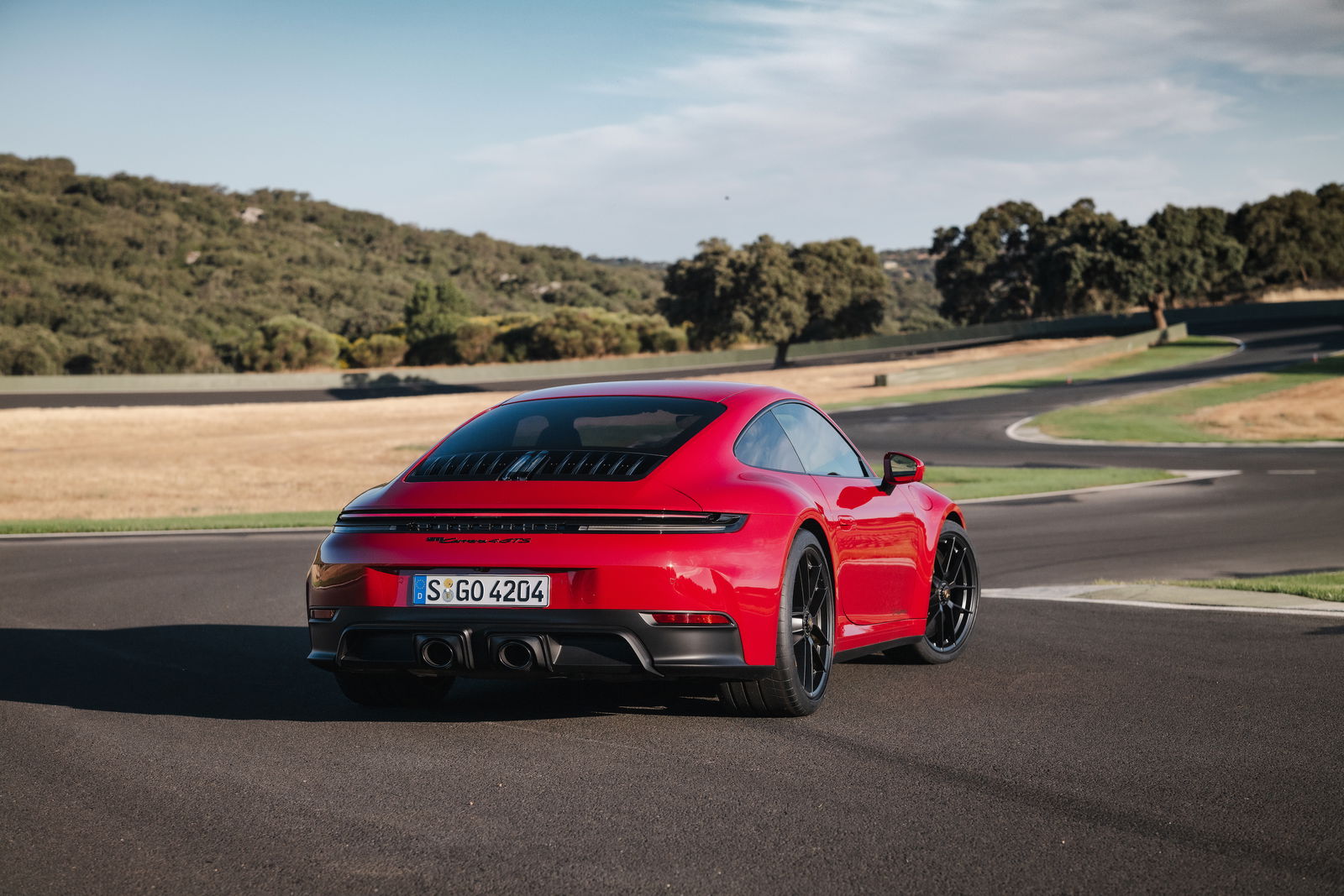
Whether or not the GTS is worth the premium is a tricky one to answer. On the one hand, the hybrid stuff has noticeably enhanced the car - this is far from tokenistic electrification - and the GTS is now pretty much in supercar territory when it comes to straight-line performance and dynamics. But on the other, the Carrera is far from a poor relation. It's still a delight to drive.
But that's the benefit of the way Porsche has done things. You get the choice. And within those two choices, there are further choices in terms of things like body style and hopefully, for the Carrera, the option of a manual.
Whichever you go for, you aren't likely to be disappointed.
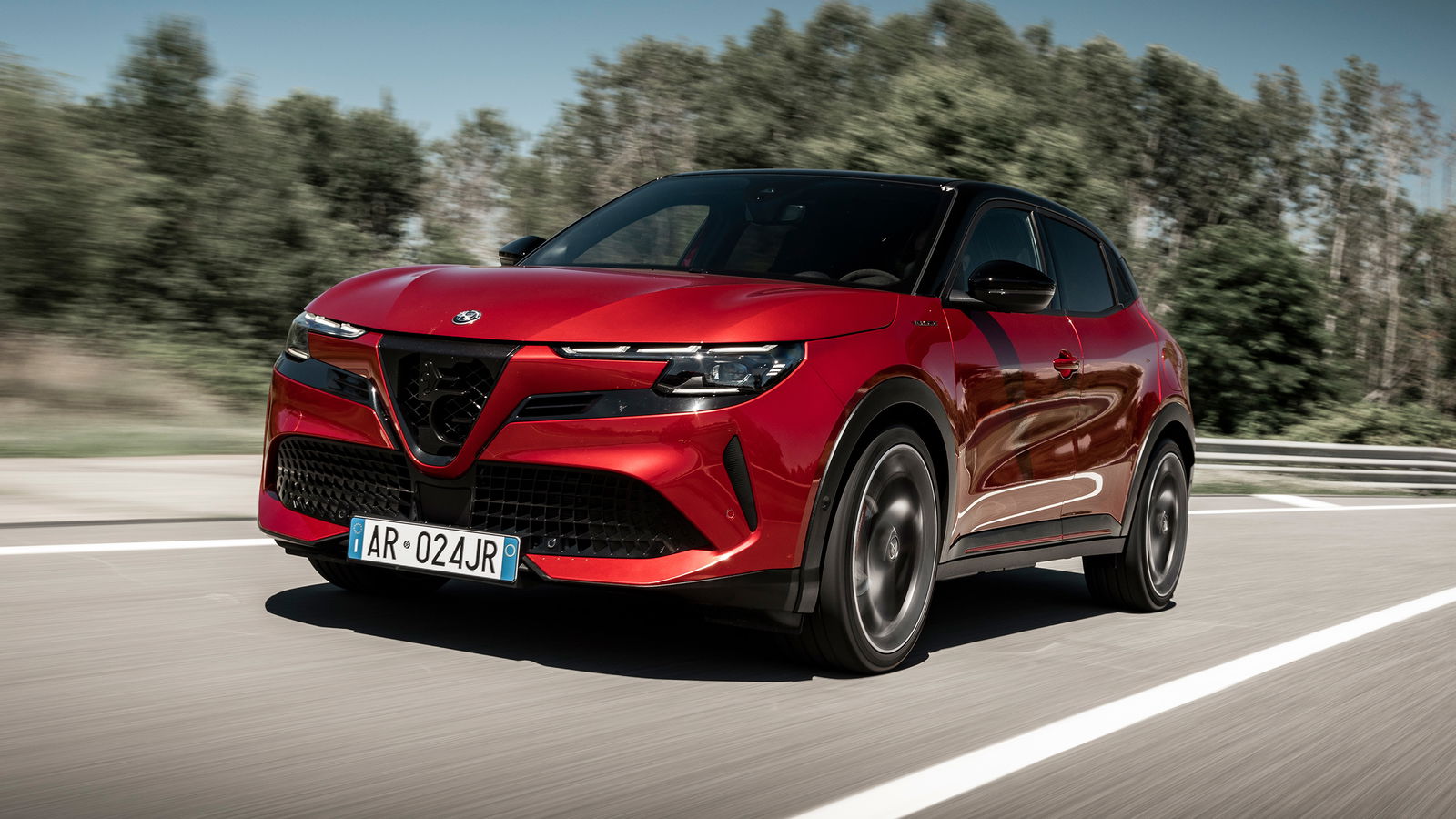
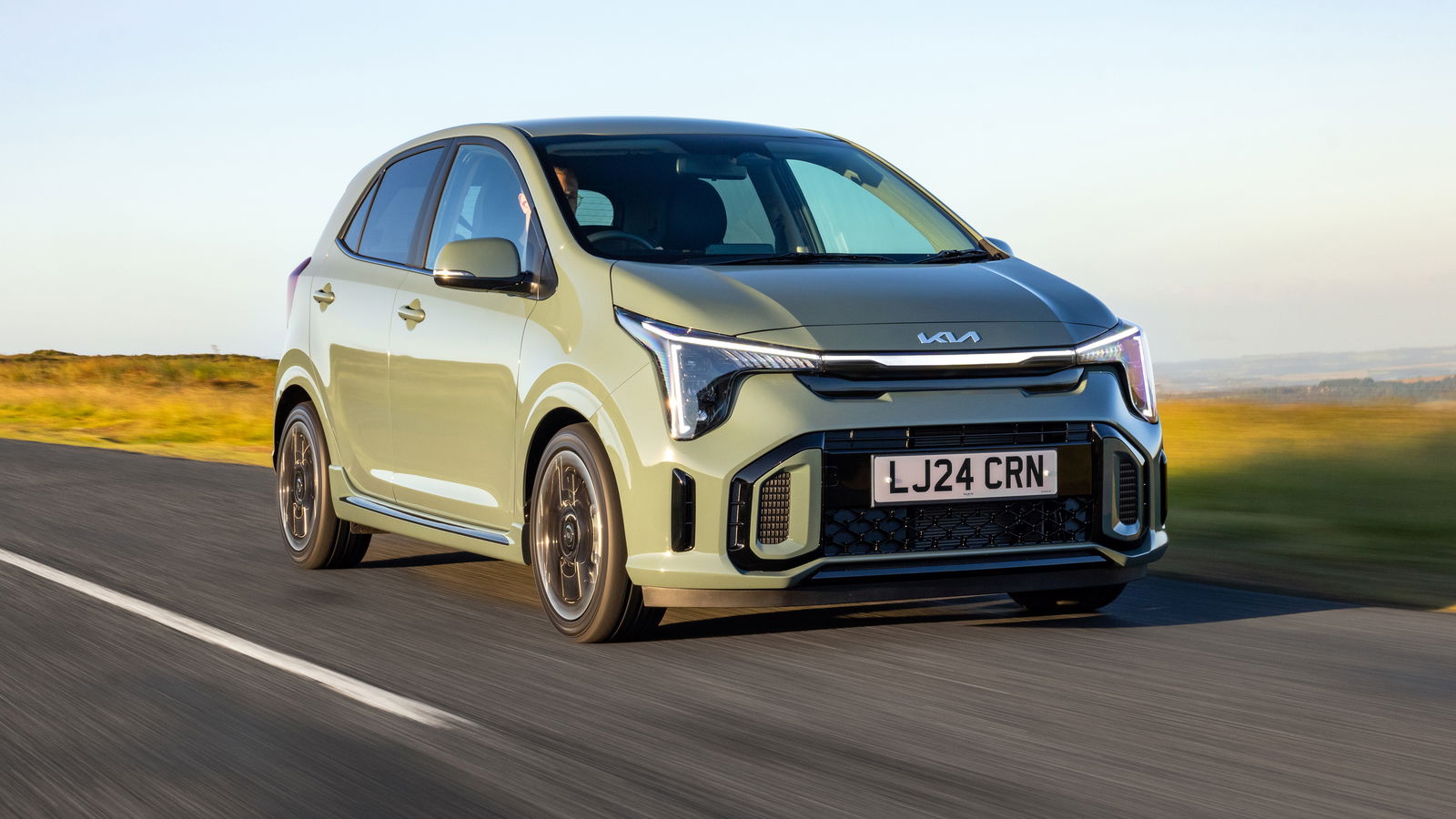







Comments